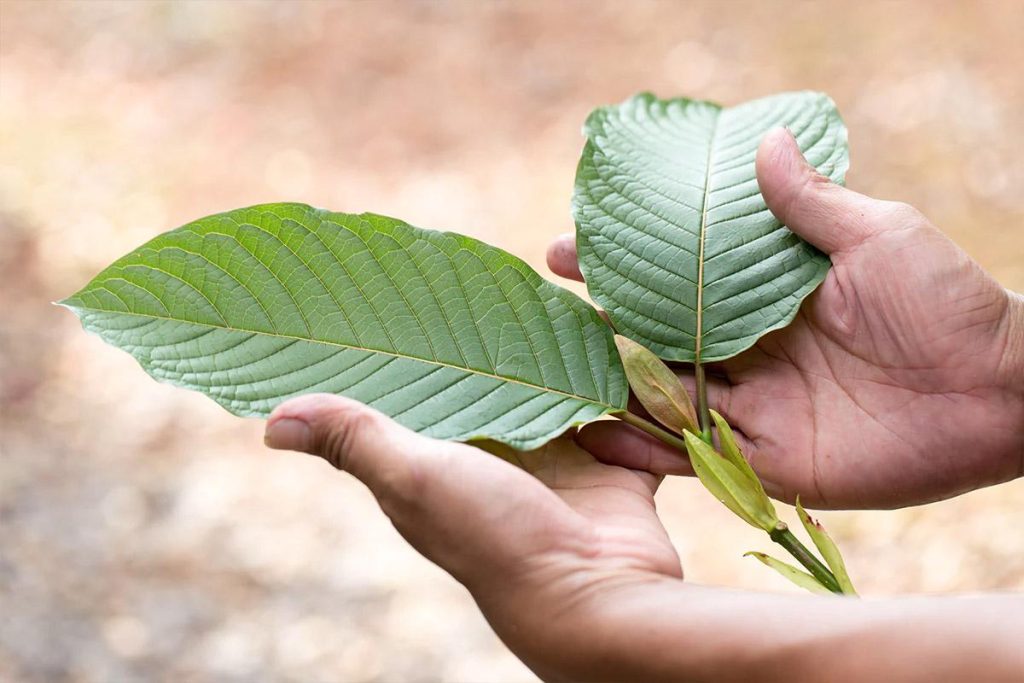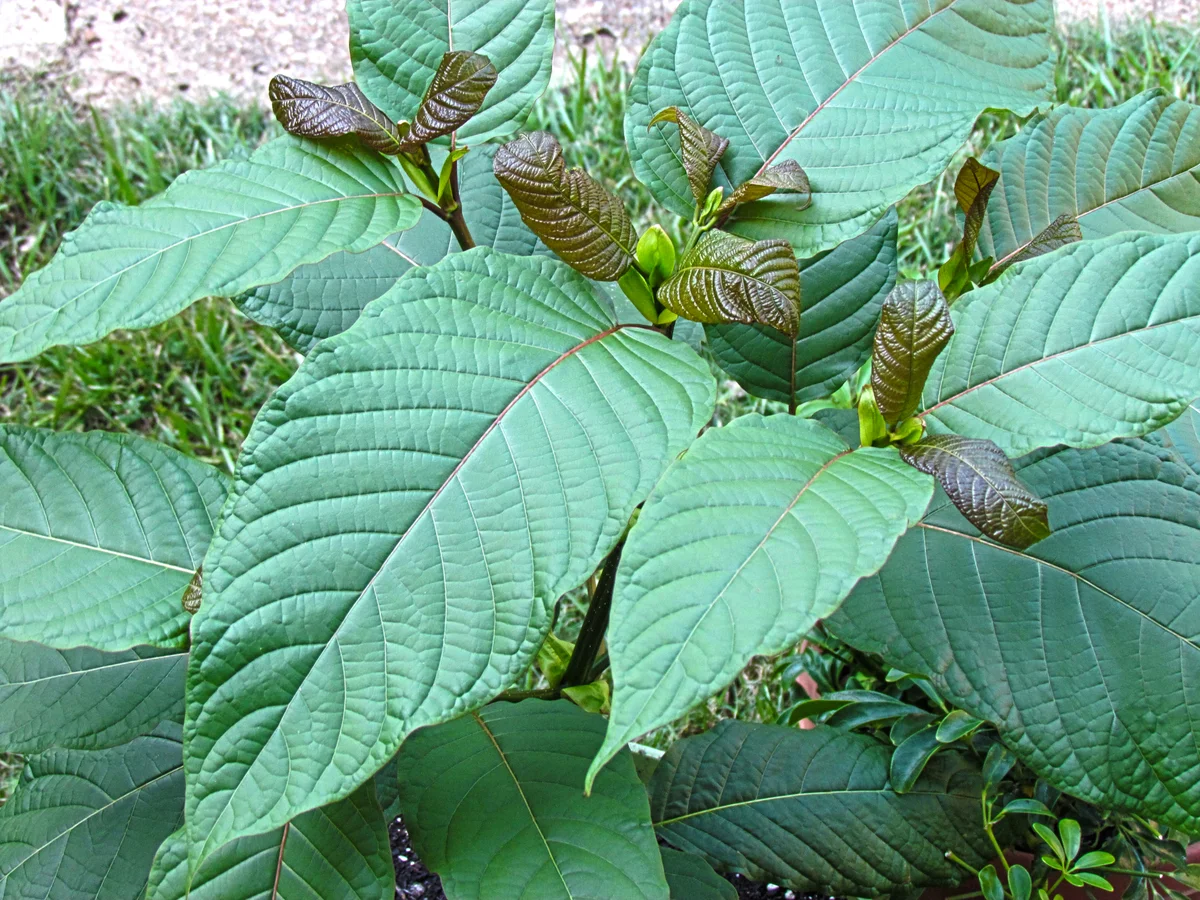Originating from the Mitragyna speciosa tree native to Southeast Asia, kratom has become well-known for possible wellness advantages. But for consumer safety as well as environmental health, the sustainability of its red borneo kratom strain sources becomes ever more crucial. Knowing the effects of sustainable sources will enable customers to make wise decisions that help the earth and their own health.
Environmental Impact
Methods of sustainable procurement center on maintaining the habitats where kratom is grown. Deforestation, loss of biodiversity, and soil damage can all follow from unsustainable harvesting practices. Given that the growth of kratom is directly related to its surrounding ecology, these environmental effects can influence its quality.
Quality and Safety

One can directly affect the quality of kratom by the source. Sustainable plants are less prone to being subjected to dangerous chemicals, including pesticides and herbicides, which could jeopardize the safety of the end result. Selecting sustainably produced kratom helps customers lower their chance of consuming toxins that can have negative health consequences. Moreover, sustainably obtained kratom is sometimes under strict quality control standards to provide a safer and more dependable product.
Ethical Thought
Ethical questions about labor policies and worker treatment in kratom-growing areas also surround sustainable sourcing. Responsible sourcing guarantees workers receive just compensation and operate in safe environments. Supporting businesses that give ethical values top priority will help consumers support the wellbeing of the local communities engaged in kratom manufacture.
Consumer Responsibility
As a consumer, it is imperative to look for red borneo kratom strain goods from reliable vendors who give sustainability top priority. Search for businesses that show openness about their sourcing policies, providing details on their growing techniques and quality control procedures. Third-party organization certificates can also be markers of ethical procurement.
Kratom’s sustainable source directly affects consumers’ health and safety, not only a matter of environmental issues. Choosing sustainably produced kratom helps people to support methods that uphold ethical labor standards, product quality, and environmental integrity. Making wise decisions advances not only individual health but also the state of the earth.

